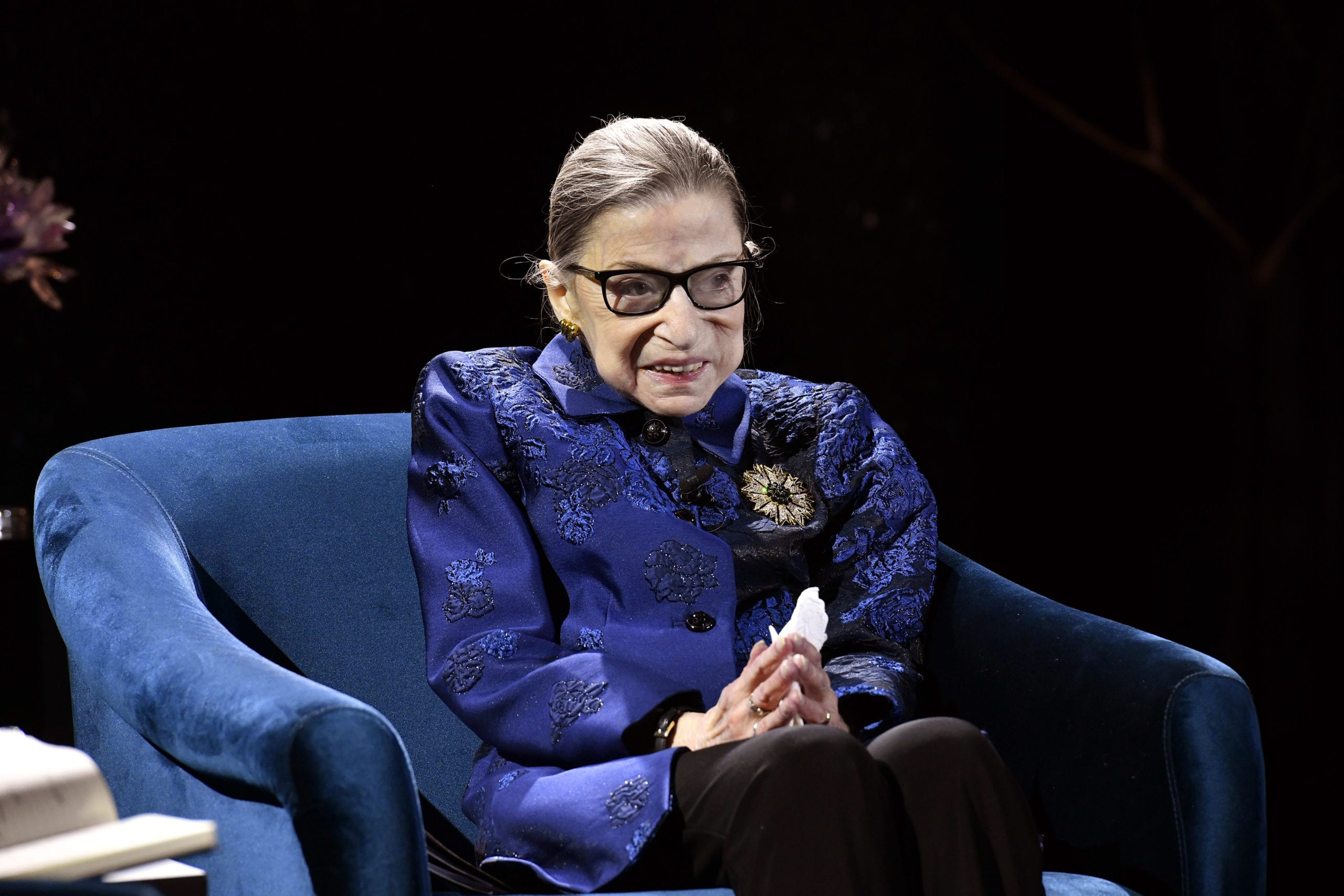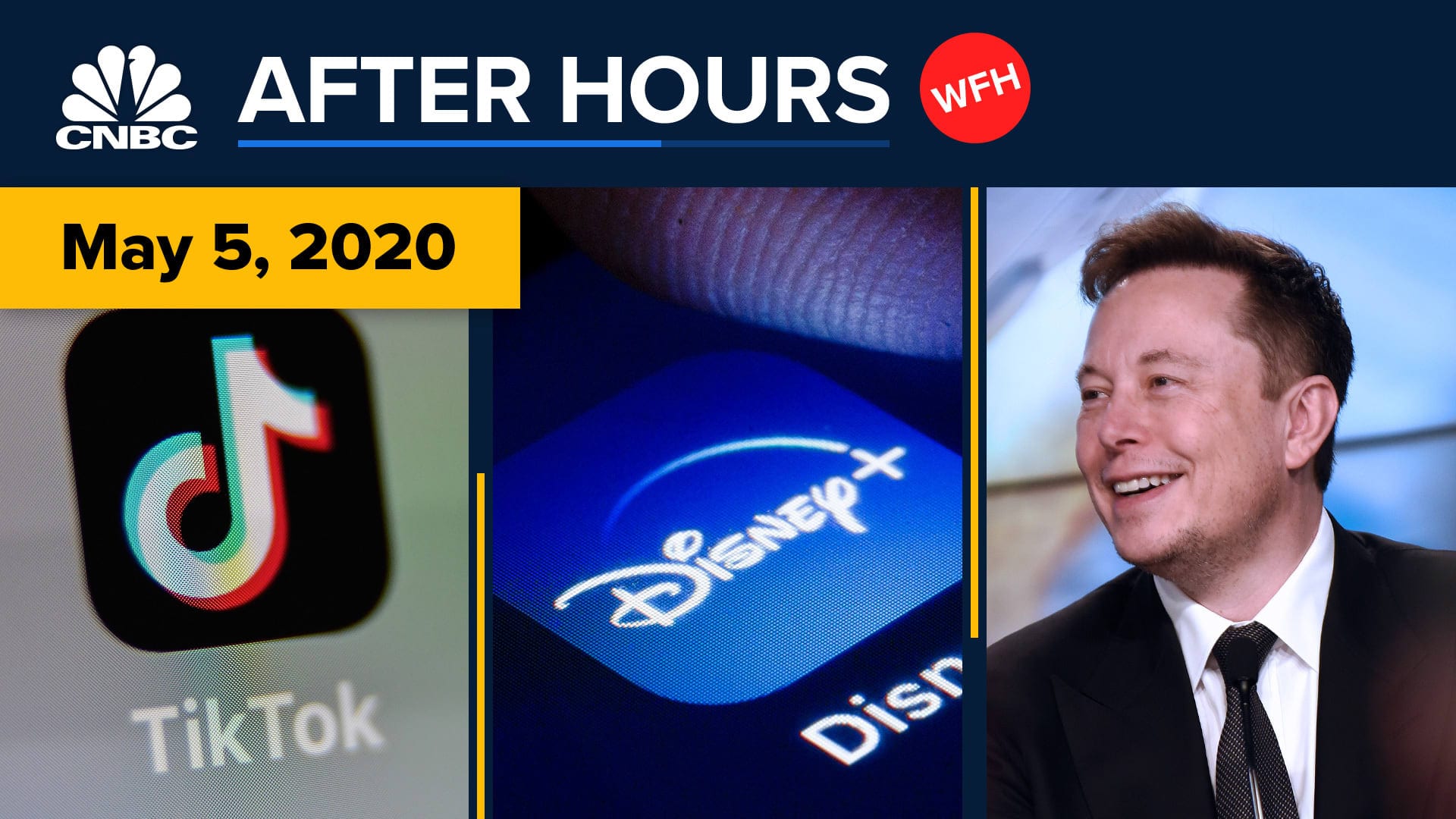[ad_1]
The Fed must tread carefully.
That’s what one exchange-traded fund issuer told CNBC this week about central bank’s unprecedented pledge to support the bond market by buying bond-based ETFs. The Federal Reserve’s $2.3 trillion in economic aid includes plans to buy investment-grade corporate debt and ETFs as well as junk bonds and the ETFs that trade them.
“They have to be super, super careful about how they tread in this ecosystem,” Jan van Eck, CEO of Van Eck Associates and the VanEck Vectors ETF Trust, told CNBC’s “ETF Edge.”
Calling the Fed an “elephant,” van Eck suggested that the central bank could make waves in the bond market even without the purchase of bond-based ETFs.
“I think this is interesting, that the policymakers have said that ETFs are so important to the ecosystem that we want to get involved, because they didn’t really get involved with ETFs in ’08-’09,” he said.
“Although ETFs are small [and] they don’t trade as much relative to mutual funds, I think they are providing a ton of pricing information, a ton of information about liquidity,” he added. “And almost, the Fed doesn’t need to do any buying of ETFs because they can scare the prices around on the bonds and on the bond ETFs.”
If the Fed does start buying, van Eck said one of his firm’s ETFs could be high on the list: the VanEck Vectors Fallen Angel High Yield Bond ETF (ANGL), which buys investment-grade bonds that have been downgraded to junk.
“That is really going to be the epicenter of the bond world for 2020 for sure, because people have estimated between a quarter of a billion and a trillion dollars’ worth of triple-B bonds being downgraded to junk,” van Eck said. “There’s been inflows this year. It’s definitely a trade that a lot of investors are looking at. The Fed’s looking at it from a bailout perspective. In other words, their real focus is on investment-grade issuers, but if an investment-grade issuer has what I call a bad-hair day, then they get downgraded to junk, and that’s who the Fed wants to support.”
With investors still in the dark as to the exact ETFs the Fed would buy, some — including David Mann, senior vice president and head of global ETF capital markets at Franklin Templeton — are hoping for broad support for the market.
“There was really no definitive guideline” on the specific ETFs the central bank would consider purchasing, Mann said in the same “ETF Edge” interview Monday.
“It’s not surprising to see that the market would assume that the Fed would go to the largest ETFs” with the highest trading volumes like the iShares iBoxx $ Investment Grade Corporate Bond ETF (LQD) or the iShares iBoxx $ High Yield Corporate Bond ETF (HYG), he said.
“We’re wondering, in terms of the benefit, that means it’s probably going to go to the largest couple ETF issuers, and we’re not necessarily sure that’s the best move,” Mann warned. “The concern is when the Fed wants to step in and start buying, they’re not necessarily buying underlying bonds, they’re actually supporting the stock price.”
Whether it will come to that remains to be seen.















